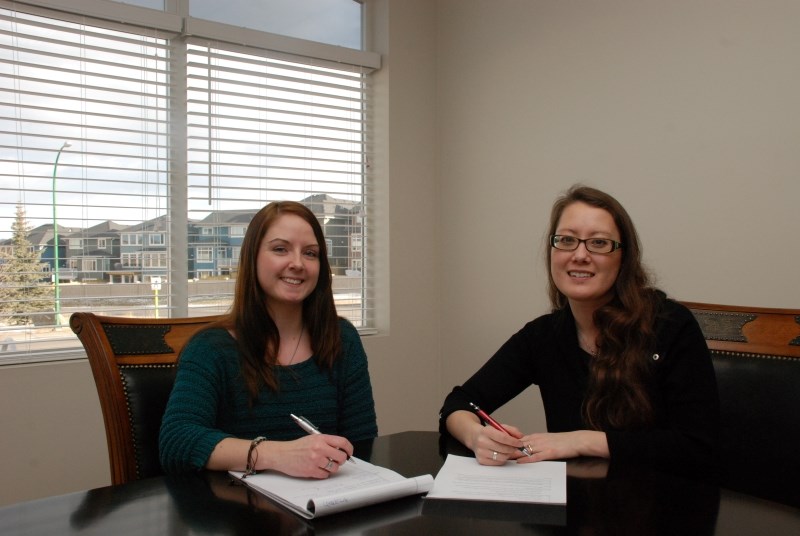When you’re heading to university, the last thing you want to think about is that time, years down the road, when you’re paying back those pesky student loans.
But that’s precisely what you should be doing, said Nicole Rumley, an associate at Cochrane’s Vision Financial Inc.
“It wasn’t something I did,” she said. “I wasn’t forward thinking enough about the repayment of the debt. Forming a realistic financial plan for yourself sounds like something you shouldn’t be doing coming out of high school. But the earlier you do it, the better you understand your budget and loan.”
The reality is, borrowers may need to keep living like a student long after graduation, said Natalya Nicholson, president of Vision Financial Inc.
“When you’re out of school, trying to save and trying to get on with your post-education life, you think you should be living like someone who has a job and disposable income,” Nicholson explained. “You should be living like a student and paying down as much debt as possible.”
In the 2010-2011 year, the Canada Student Loans Program distributed about $2.2 billion for approximately 425,000 full-time students, according to the program’s online annual report. The study found that to be about a six per cent increase in the number of full-time students receiving support compared to the year before. The number of Albertans receiving loans increased by 11 per cent.
The average loan was $5,226 per recipient.
One point to keep in mind is that not all student debt is in the form of a student loan. In addition to provincial and federal loans, Nicholson said many students have been borrowing funds from family members, have student lines of credit, as well as credit cards.
All of these debts add up, she said. The key is to recognize what you owe, which has the most interest, form a strategy, and attack. Debts with higher interest should be paid down first.
“Student loans are nice because the provincial ones are low interest — the federal ones are a little higher — you don’t get penalized for paying them out early and there are assistance plans offered by the government if you need them,” said Nicholson. “But if you default on your student loans, it still effects your credit history.”
To learn more about student loan repayment and budgeting, make an appointment with Natalya Nicholson or Nicole Rumley at Vision Financial Inc. Phone 403-981-2757.




